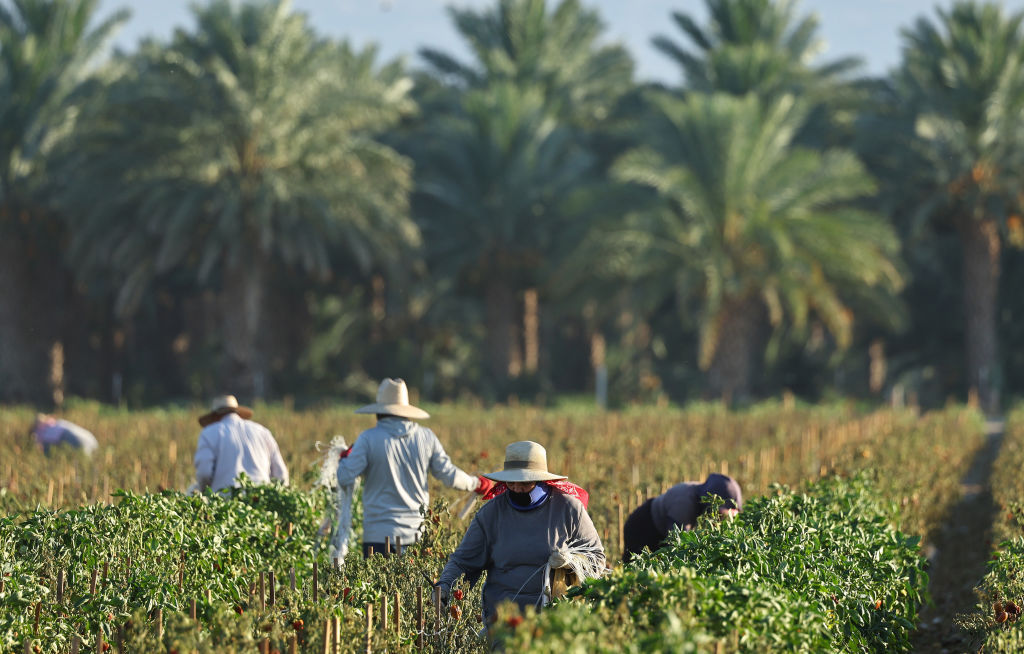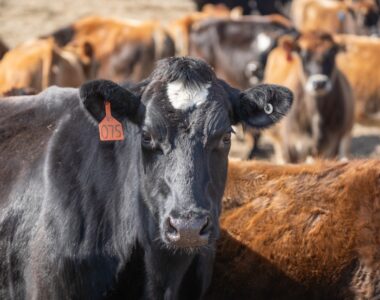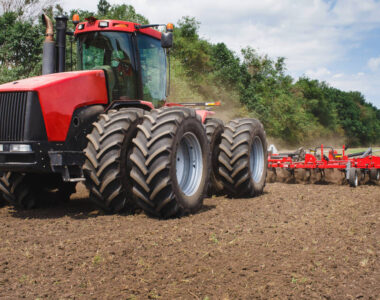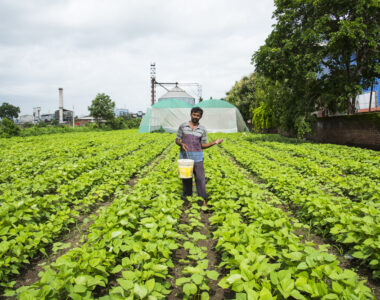
President Donald Trump says he is exploring ways to offer immigration relief for farmers, addressing labor shortages that continue to affect the agriculture industry.
In a recent interview, Trump explained that under his proposal, farmers could take responsibility for undocumented workers they employ, as long as those workers pass background checks and have no criminal record. The idea aims to help farmers access reliable labor while keeping other immigration enforcement efforts in place.
Why Immigration Relief for Farmers Is on the Table
Many farms depend on undocumented labor for planting, harvesting, and food processing. Industry groups estimate that about 40% of U.S. farmworkers lack legal status. In recent months, some farmers have reported disruptions to their operations due to increased immigration enforcement, including raids at farms and meatpacking plants.
Supporters of immigration relief for farmers believe the policy could help stabilize the agricultural workforce and reduce the risk of supply chain interruptions.
Enforcement and Policy Uncertainty
The debate follows a short pause in workplace raids at agricultural businesses, hotels, and restaurants. Federal agencies have since resumed enforcement efforts in those sectors. Trump has suggested that his new proposal would create exceptions for farms, but he has not shared specific policy details.
Lawmakers, farm groups, and industry advocates are watching closely to see whether Trump will introduce a formal executive order or other measures to implement immigration relief for farmers.
What’s Next
The agricultural sector continues to call for workforce solutions, with many organizations pushing for reliable access to labor while maintaining legal standards. Some groups, including the American Farm Bureau, say targeted relief for farmers would offer short-term benefits, though others emphasize the need for broader immigration reform.
As discussions continue, both farm owners and policymakers await clear guidance on the future of immigration policy for the agriculture industry.
Source:
Successful Farming



